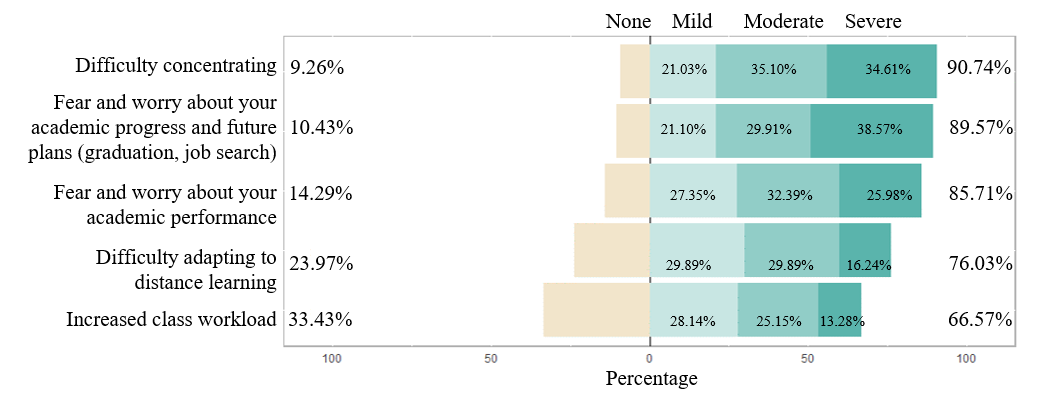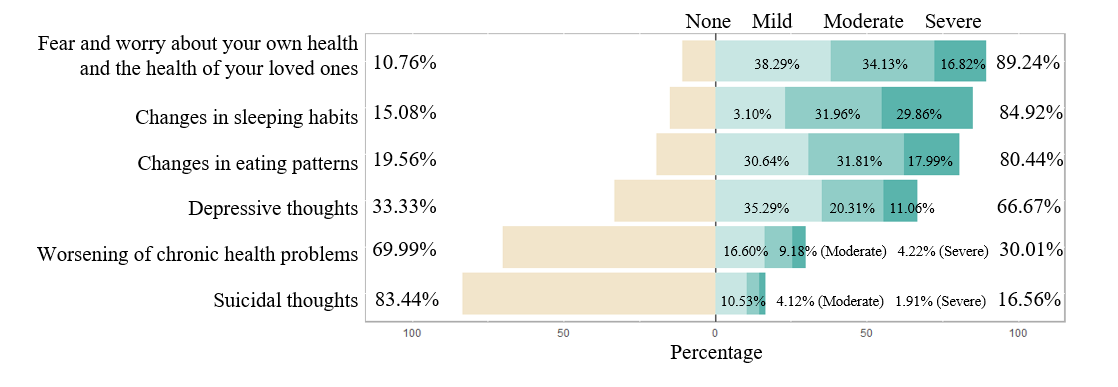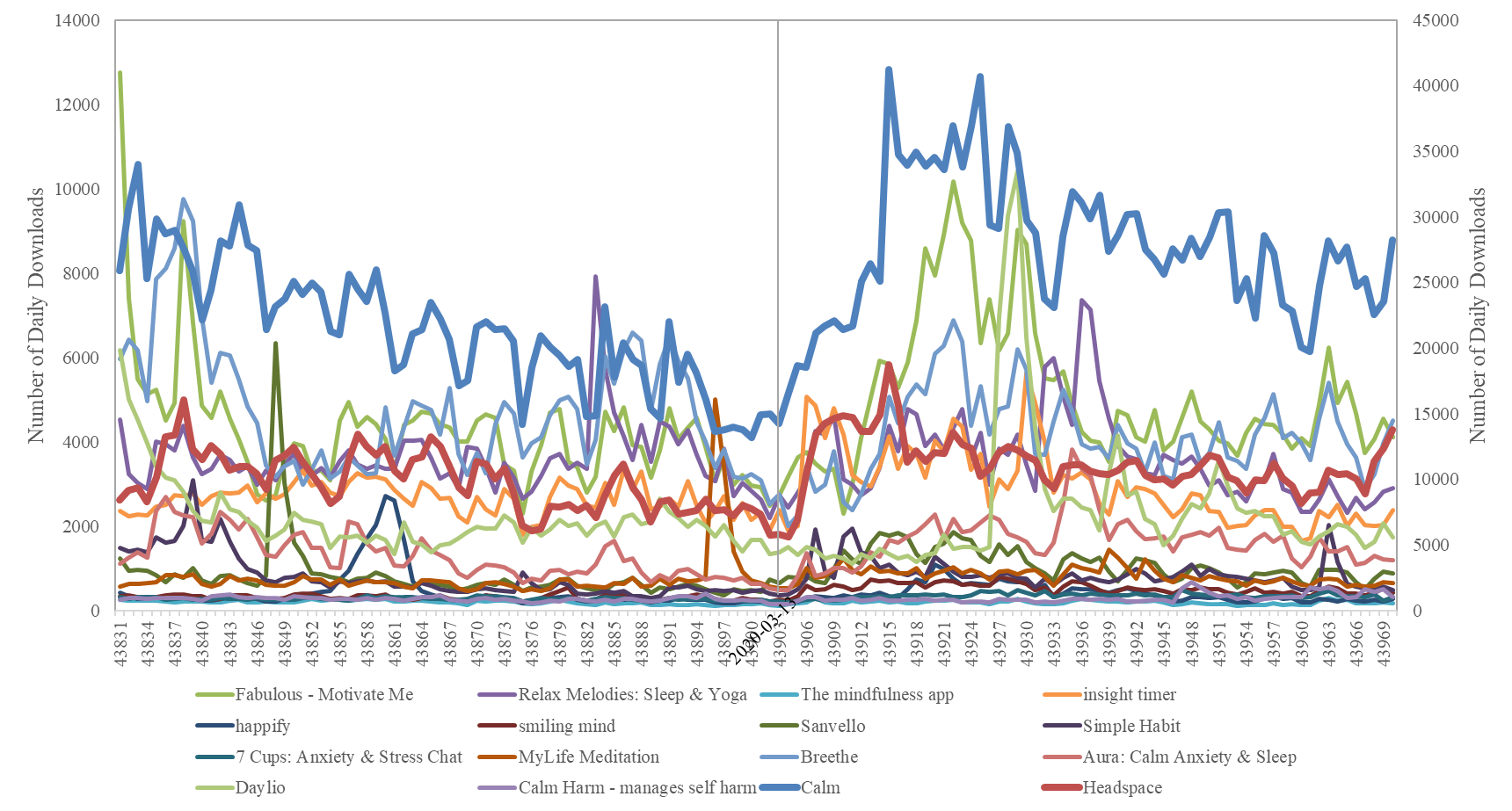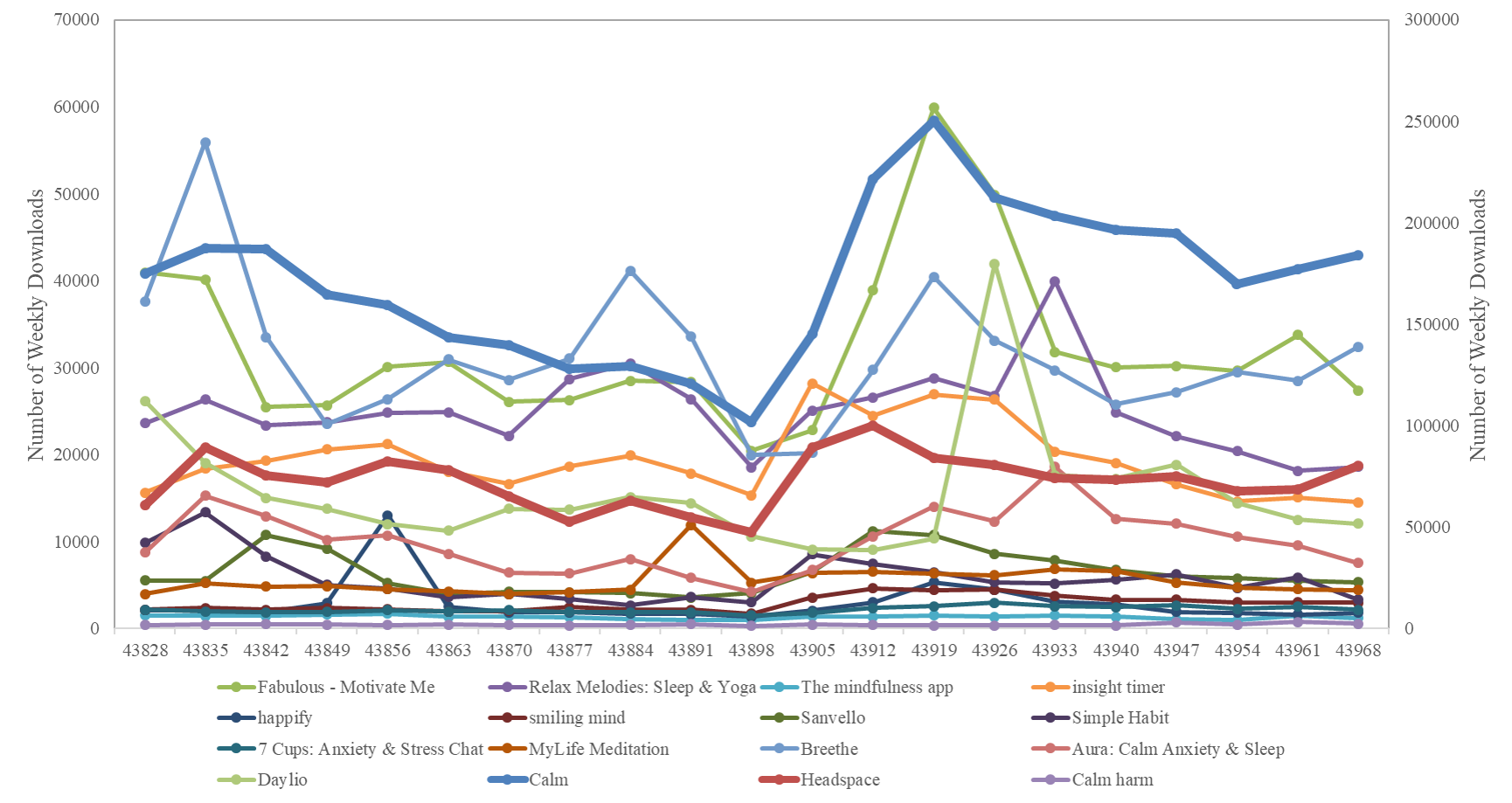Xiaomei (Naomi) Wang, Ph.D. is a postdoctoral researcher in the Applied Cognitive Ergonomics Laboratory (ACE-Lab). Dr. Wang leads projects related to safety of offshore oil and gas industry, decision support of supervisory control, and mental health under the COVID-19. Her research interests are applying cognitive engineering methods in different domains, such as human decision-making, human-AI teaming, safety and healthcare.
- Office: Emerging Technologies Building (ETB) – Room2024
- Email: xiaomeiw@tamu.edu

Experience
Educational Background
- Ph.D., Industrial Engineering, University at Buffalo, 2020
- B.S., Industrial Design, Xi’an Jiaotong University, 2014
Work Experience
- iFlytek Co., Ltd., UI & UX Designer, Hefei, Anhui, China (02/2014 – 06/2014)
- Beijing Wei Rui Da Wind Power Co.,Ltd., UI Designer, Xi’an, Shaanxi, China, (07/2013 – 09/2013)
Teaching
- ISEN 210 Fundamentals of Industrial Engineering Design, Fall 2020
Portfolio
To respond to the national emergency of COVID-19, I recently led two project about mental health under the COVID-19 pandemic.
- Investigating Mental Health of US College Students During the COVID-19 Pandemic: Cross-Sectional Survey Study
- Investigating the Adoption and Usage of Mental Health Mobile Applications During the COVID-19 Pandemic
Main findings: Among the 2031 participants, 48.14% (n=960) showed a moderate-to-severe level of depression, 38.48% (n=775) showed a moderate-to-severe level of anxiety, and 18.04% (n=366) had suicidal thoughts. A majority of participants (n=1443, 71.26%) indicated that their stress/anxiety levels had increased during the pandemic. Less than half of the participants (n=882, 43.25%) indicated that they were able to cope adequately with the stress related to the current situation.
Below figures show the main stressors related to the pandemic



Main findings: To understand whether there was an increased usage of mental health apps during the pandemic, download and utilization data of 16 widely used apps were analyzed. Among the 16 apps, 10 showed significant more downloads post-pandemic compared to pre-pandemic. The study proved that there was a growth in the demand for and usage of mental health mobile apps during COVID-29. However, apps generally lack in credibility and evidence base. Human factors and ergonomics knowledge base can be used for designing and promoting usable, engaging, user-accepted, and evidence-based apps to support self-management of mental health.


Selected Publications
- Wang, X., Kim, T.C., Hegde, S., Hoffman, D.J., Benda, N.C., Franklin, E.S., Lavergne, D., Perry, S.J., Fairbanks, R.J., Hettinger, A., Roth, E.M., Bisantz, A.M. Design and Evaluation of an Integrated, Patient-focused Electronic Health Record Display for Emergency Medicine. Applied Clinical Informatics, 10(4), 693-706.
- Wang, X., Bisantz, A. M., Bolton, M., Cavuoto, L., Chandola, V. (2020). Explaining Supervised Learning Models – A Case Study on Binary Classifiers. Ergonomics in Design.
- Son, C., Hegde, S., Smith, A., Wang, X., Sasangohar, F. (2020) Effects of COVID-19 on College Students’ Mental Health in the United States: Interview Survey Study. J Med Internet Res, 22(9):e21279
- Wang, X., Hegde, S., Son C., Keller, B., Smith, A., Sasangohar, S. (2020) Investigating Mental Health of US College Students During the COVID-19 Pandemic: Cross-Sectional Survey Study. J Med Internet Res, 22(9):e22817
Research
- Leading an offshore oil rig safety project, funded by the National Academies of Sciences, Engineering, and Medicine
- Leading research projects about mental health under the COVID-19
- Assisting in proposal preparation about a human-AI teaming project
- Project management and student mentoring for multiple projects
- Assisted in the course material preparation for ISEN Human Factors in Healthcare
